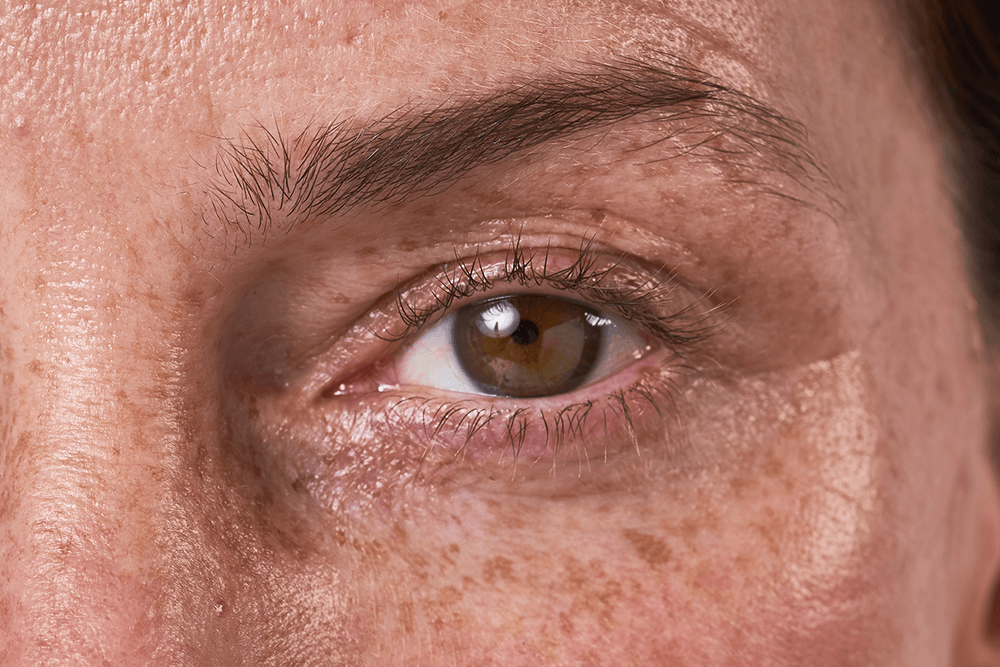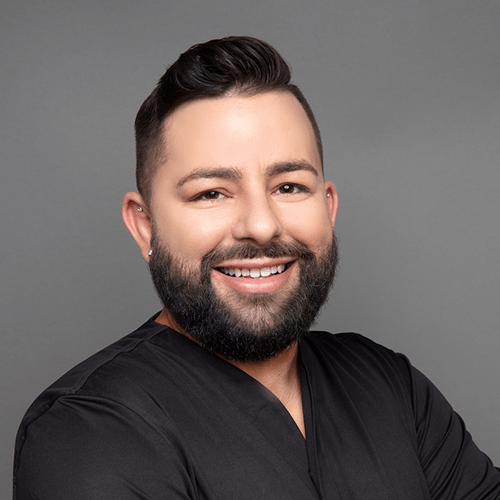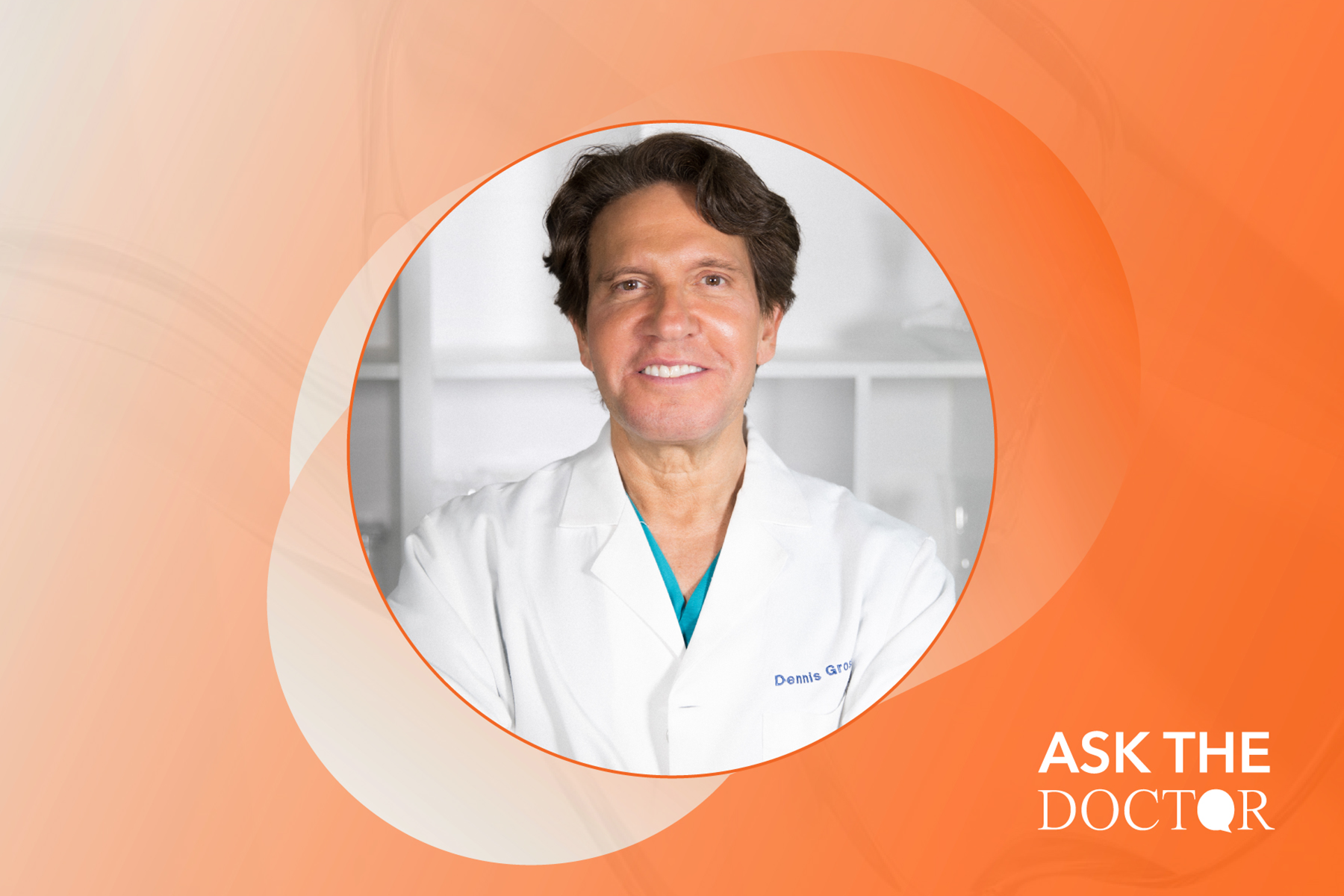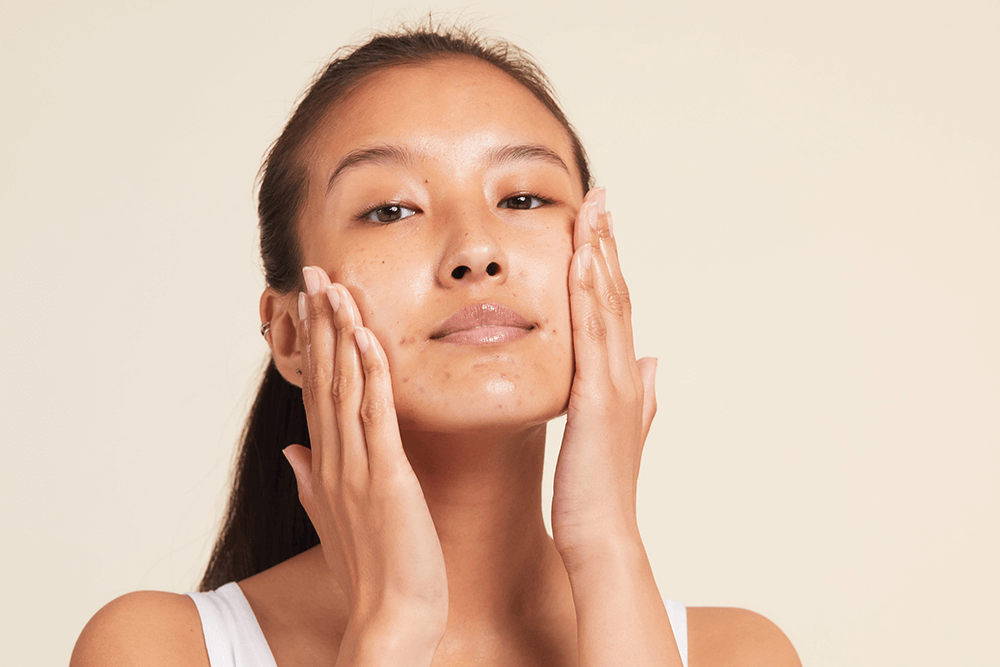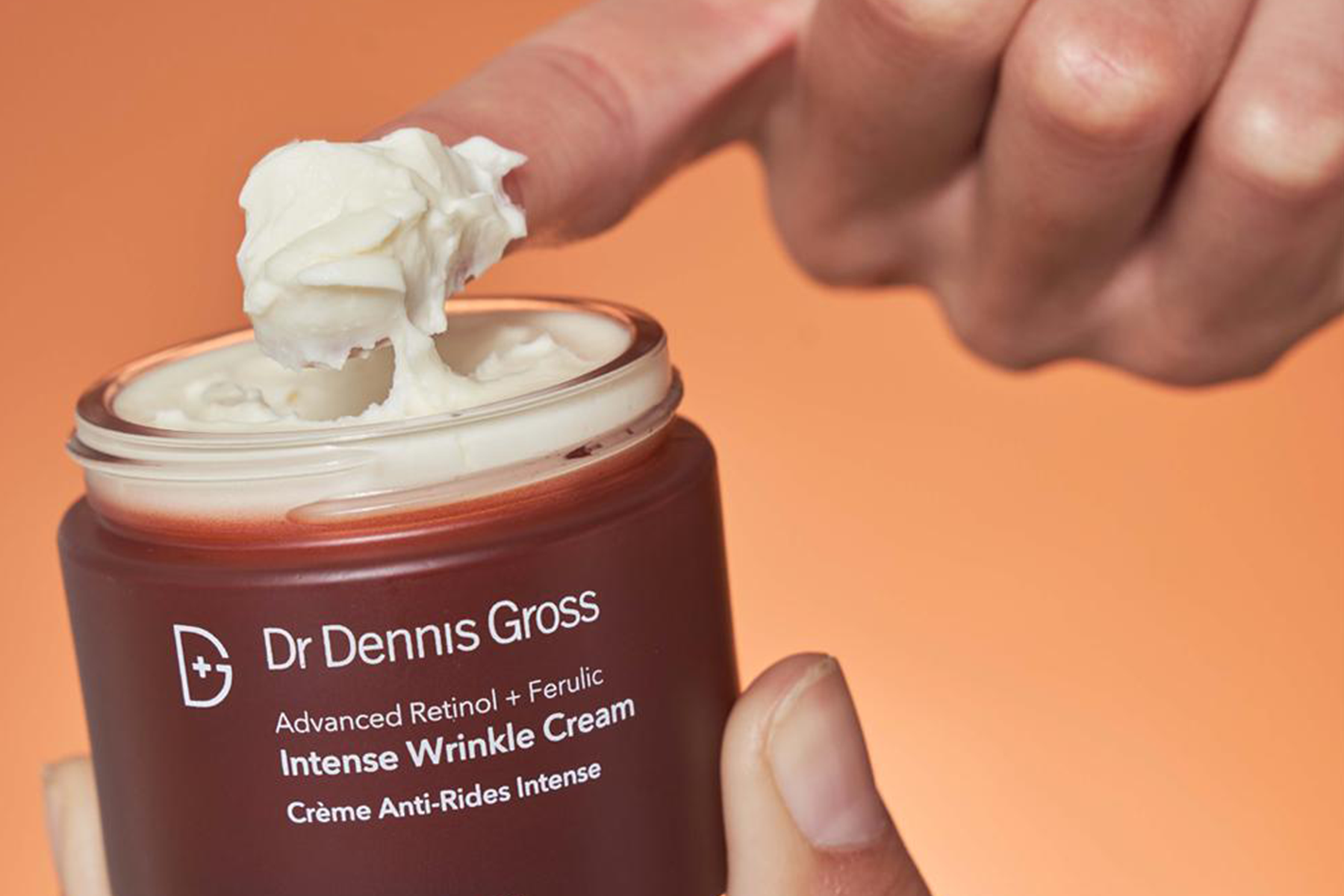The+Source
“Free radical” is a term that gets thrown around the dermatology world almost as often as “wear sunscreen.” But while free radicals may sound nebulous and are invisible, they cause very real, very apparent damage to skin’s appearance (to say nothing of what they do to human health, in general. Free radicals have been linked to cancer, Alzheimer’s, Parkinson’s, and more diseases you don’t want). Know thy enemy, as the saying goes, if you wish to defeat him. Therefore, some background on free radicals:
Where do free radicals come from?
Every living thing is made of molecules. And inside every molecule are at least two or more atoms. And circling every atom are at least two electrons. Electrons love to be in pairs. This keeps them stable, neutral, and essentially harmless. Our bodies contain, plus or minus, a gazillion oxygen atoms. When the electrons circling an oxygen atom get separated, havoc ensues. An oxygen atom with an unpaired electron is known as a “free radical.” Electrons are like that desperate person who can’t bear to be alone. Electrons despise being single, so they’ll steal another electron from a nearby atom, breaking up that happy couple (and thus, creating a new free radical), simply for their own (selfish) benefit. If you’ve ever seen Cruel Intentions, you have an idea how this plays out.
This electron bed-swapping [or: electron snatching]
leads to a cascade effect that has electrons jumping ship from oxygen atoms throughout the body. When that goes on long enough, it’s called “oxidative stress.” The process weakens previously healthy oxygen atoms inside cells (such as skin cells) by robbing them of electrons, leading to a breakdown in cellular DNA and eventually showing up on your face in the form of lines, wrinkles, hyperpigmentation, sagging, dullness, and so forth.
What causes electrons to split in the first place?
Free radicals are forming our bodies all the time, even during completely normal, natural processes, such as respiration and metabolism. That’s, like, nbd. The time to worry is when your body starts generating an excessive amount of free radicals, which happens when it’s exposed to pollution, tobacco smoke, alcohol, fried foods, and—the biggest one of all—the sun (aka UV light). Some of those free radical triggers you can control (maybe cut back on the fast food), but unless you’re going to relocate to a hermetically sealed underground cave, other types of exposure are just a fact of life.
Where do antioxidants come in?
Antioxidants are molecules that pump the brakes on oxidative stress. They’re able to give an electron to a thirsty free radical, turning it back into a paragon of stability, without becoming unstable themselves in the process. Pretty neat trick, right? Antioxidants are especially plentiful in certain foods (sadly, not the fried ones)—think fruits, leafy greens, and other vegetables, such as carrots. This is excellent news for the oxidation happening inside your body. However, if you want to stop the free radicals that are generated on the surface of your skin when you step outside your front door, you need to devise a topical antioxidant game plan, in addition to your internally focused, diet-centric one.
What are the best antioxidants for skin?
Just as there are a plethora of things that can trigger free radical formation, there’s no one single antioxidant that’s a magic bullet, neutralizing any and all free radicals it comes across. Instead, the best defense is a multi-pronged offense that combines a variety of topical antioxidants to ensure maximum coverage against all aggressors. Some of the most potent (and well-researched) antioxidants are:
Vitamin C: The granddaddy of antioxidants, vitamin C is prized not only for its comprehensive, free radical-quashing abilities but also for boosting the body’s collagen synthesis. The only catch is that L-ascorbic Acid (the pure, active form of vitamin C) is notoriously unstable in product formulations. Therefore, while it may seem counterintuitive to choose a vitamin C serum made with a vitamin C derivative, such as 3-O Ethyl Ascorbic Acid, it’s actually the only way to be certain you’re still getting the antioxidant benefits you’re expecting.
Vitamin E: Unlike water-soluble vitamins, such as C, vitamin E is fat soluble. As a result, it can be absorbed by the skin’s lipid layer. Plus, vitamin E has anti-inflammatory properties.
Vitamin A: Most easily found in over-the-counter Retinol, vitamin A is famous for stimulating collagen and reducing breakouts. But its antioxidant capability is one of its lesser-known superpowers.
Lactic acid: You know it as a gentle AHA, but lactic acid has recently been proven to be a pretty handy antioxidant as well—especially because, like vitamin E, Lactic Acid works in the skin’s lipid layer. However, there’s one caveat: Smoothing your lactic acid item over (or under) a vitamin C serum will neutralize the vitamin C. However, when the two ingredients are formulated together in one product, the cosmetic chemist behind the blend will have ensured they are coexisting peacefully.
Polyphenols: Polyphenols are a group of antioxidants derived from plants that include Resveratrol (found in the skin of red grapes) and Epigallocatechin Gallate (in green tea).
Niacinamide: Also known as vitamin B3, Niacinamide brightens the complexion, mutes redness, and treats sensitivity—all while eliminating free radicals. Niacinamide can be found in a variety of skincare products targeting these skin concerns all while stopping free radicals in their tracks.
Ferulic acid: Ferulic acid is like the ultimate antioxidant wingman. Yes, it’s an antioxidant in its own right. But when combined with other antioxidants, Ferulic Acid amps up their response, making them even more effective.
Discover Dr. Dennis Gross Skincare for All Your Skincare Needs
For more skincare tips from the experts at Dr. Dennis Gross, check out our blog’s newest content today. Shop the collection of Dr. Dennis Gross bestselling skincare backed by dermatologists.
